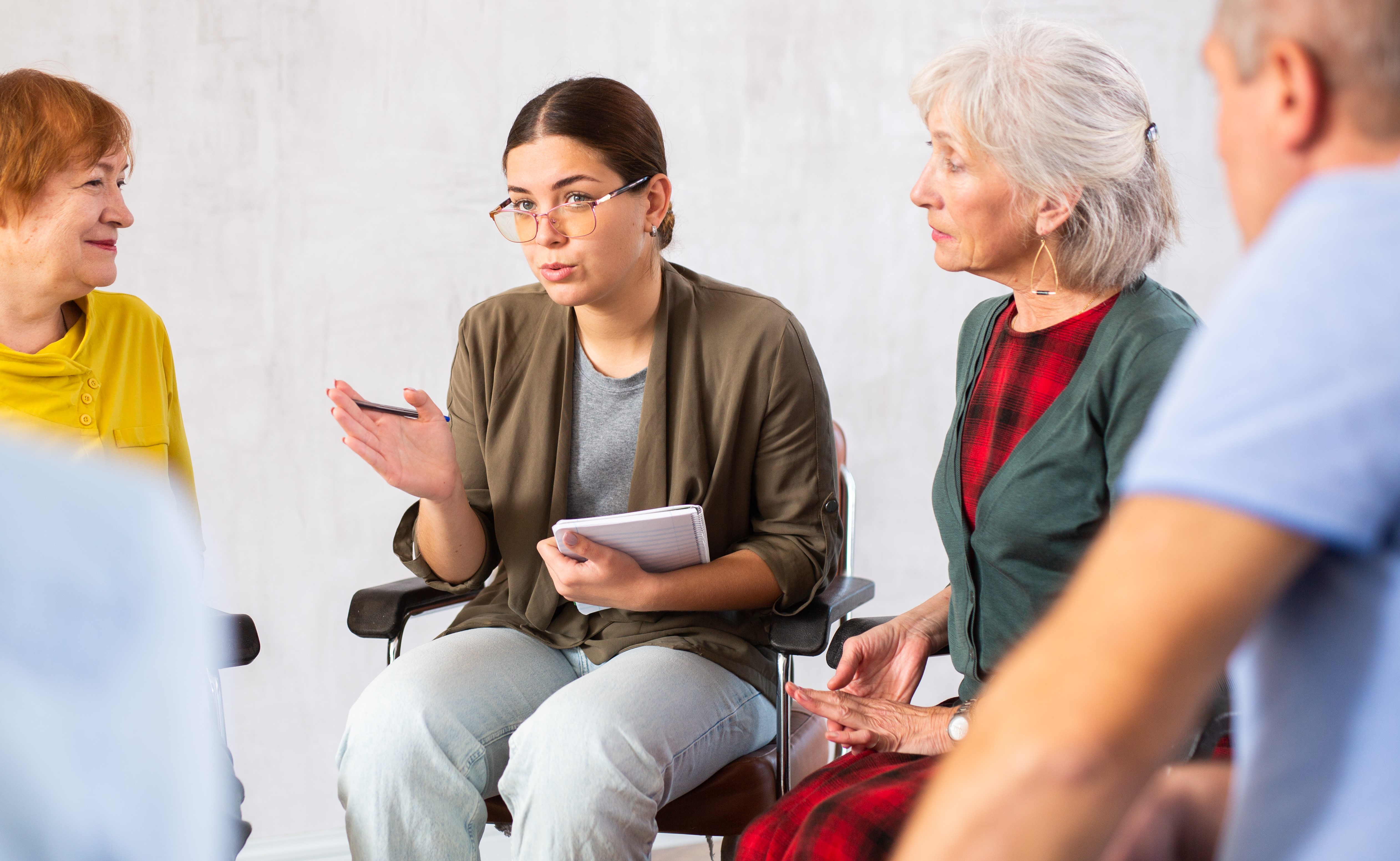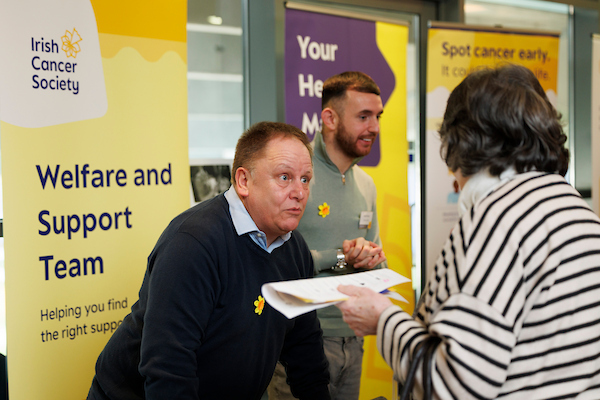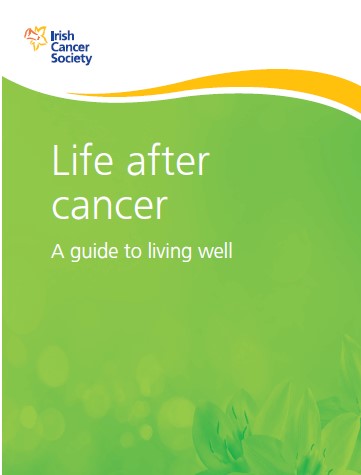Gall bladder cancer
After treatment
What follow-up do I need?
Your doctor will tell you when they want to see you again after your treatment.
The follow-up may involve having a physical exam, an ERCP or blood tests. You will also have the chance to ask any questions you have, and to let your doctor know if you are having any problems or finding it hard to cope.
Make sure you understand your follow-up plan and have a phone number to contact if you have any queries.
If you are between check-ups and have a symptom or problem that is worrying you, call your specialist nurse for advice or to arrange an earlier outpatient appointment if necessary.
If you become suddenly unwell and can’t contact your specialist nurse or hospital team, go to your GP or the emergency department at the hospital.
Why follow up is important
It’s important to go to your follow-up appointments so your doctor can check for signs of the cancer coming back (recurrence) and help with any side-effects that you may have. They can also check for new side-effects that may develop after you have finished treatment. It is best to be aware of these as early as possible so that suitable treatment can be given.
Life after treatment
The end of treatment is a time when people often expect to feel relieved, happy and able to get on with life again, but it can take some time to adjust and for your body and mind to recover.
We have information to help you with:
- Side-effects
- Your feelings after treatment
- Living a healthy lifestyle
- Financial and practical matters
LACES after-treatment workshop

Join our Life and Cancer – Enhancing Survivorship (LACES) programme when you have finished treatment or started maintenance therapy.
This workshop covers topics such as diet, exercise, wellbeing, finance and self-management and gives information on support and services to help you.
What if the cancer comes back?
It’s not always possible to remove all of the cancer with surgery. In this situation your medical team may recommend further treatment such as chemotherapy, targeted therapies and / or radiotherapy. If the cancer comes back it would often be to the lymph glands and organs nearby such as the pancreas, bile ducts and liver.
It can enhance the benefits of treatment if the symptom control team (also known as the palliative care team) are also involved.



Talk to a Cancer Nurse

Support Line
Our Daffodil Centres



